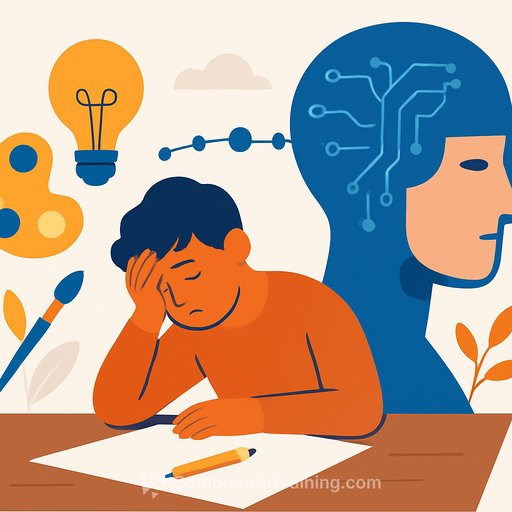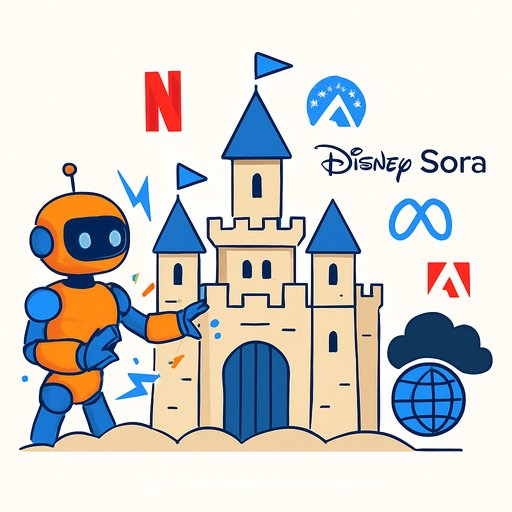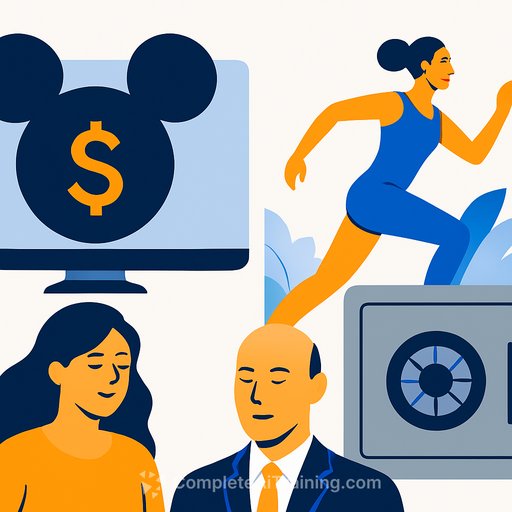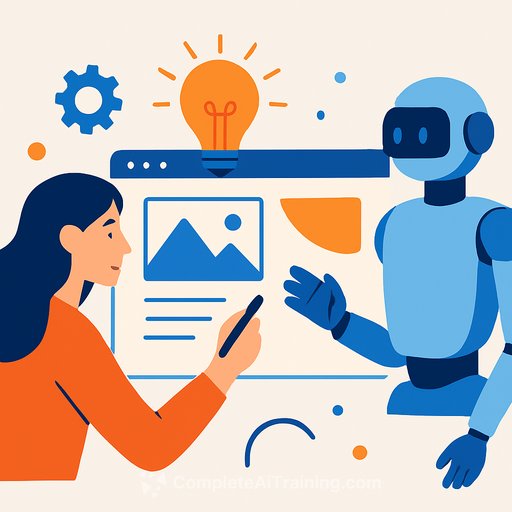The Quiet Extinction of Creative Thought
In November 2022, OpenAI released ChatGPT for public use. By 2024, it had become the most popular generative AI tool among students. Reviewing middle school submissions in 2023, I noticed something odd: phrases like “a kaleidoscope of thoughts” and “a tapestry of dreams” appeared repeatedly in opening paragraphs, used by different students in entirely different contexts.
This pattern isn't just a coincidence. It signals a growing reliance on AI by young learners, which raises serious concerns. The more students depend on generative AI, the greater the risk of weakening the very skills that foster creativity, critical thinking, and authentic self-expression.
Why Detecting AI Use Is So Difficult Now
Just a few years ago, spotting AI-generated text was easier. AI writing was noticeably different from human writing. But in 2025, distinguishing between the two is nearly impossible. Even OpenAI's own detection tool was discontinued because it often misidentified human writing as AI-generated.
Other popular detectors, like GPTZero, struggle especially when AI text has been edited. Tools such as Quillbot or WriteHuman can “humanize” AI content effortlessly, allowing students to generate, tweak, and submit work without any genuine input.
The Cost of Overreliance on AI for Young Minds
Experts, parents, and educators share growing alarm. AI isn’t just advancing technology—it’s affecting cognitive development. When students as young as 12 rely on AI, it risks stunting their intellectual growth.
Adolescence is a critical phase for developing creativity. Psychologist Lev Vygotsky noted that this is when creativity becomes intellectualized—the foundation for personality and imagination. Research shows that avoiding cognitive effort during these years can weaken brain pathways responsible for analysis and creativity, as adaptability declines with age.
Allowing young students to lean on AI at this stage could be seen as a significant setback in nurturing original thought.
Shortening Attention Spans and Mental Laziness
Attention spans are shrinking, and with them, the willingness to tackle the mental effort that original ideas demand. Sensational headlines claim the average human attention span is less than that of a goldfish—a myth, but one embraced by younger generations as an excuse to avoid effort.
Students aren’t incapable of focus; they’re surrendering before trying. Meanwhile, educational syllabi evolve slowly as dependency on AI accelerates. The result: a decline in mental stamina.
Just as people exercise to counter physical inactivity, we may soon need “brain gyms” to prevent cognitive atrophy caused by relying on AI to do the thinking for us.
Why Original Thought Still Matters
Knowledge won’t become irrelevant, but to judge what’s meaningful or accurate, foundational skills in writing and critical thinking are essential. Without the ability to spot originality, challenging AI misuse becomes difficult.
AI’s convenience comes at a creative cost. Human beings carry an innate drive to create for its own sake—a drive that fueled monumental achievements in art, architecture, literature, music, and cinema throughout history. AI’s rise marks a turning point in how society values effort and originality.
Relying on AI at formative stages isn’t just a threat to academic honesty; it quietly undermines how we grow into original thinkers. Creating for the sake of creation defines us. Unless we protect this spirit, it may vanish before we even realize it was lost.
- Explore AI courses to understand AI's capabilities and limitations.
- Learn about prompt engineering to use AI responsibly without compromising creativity.
Your membership also unlocks:






